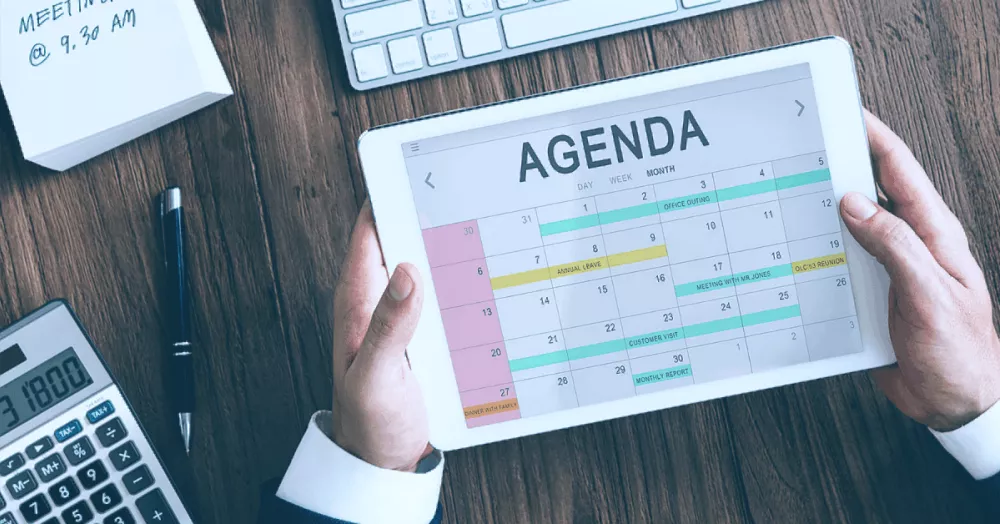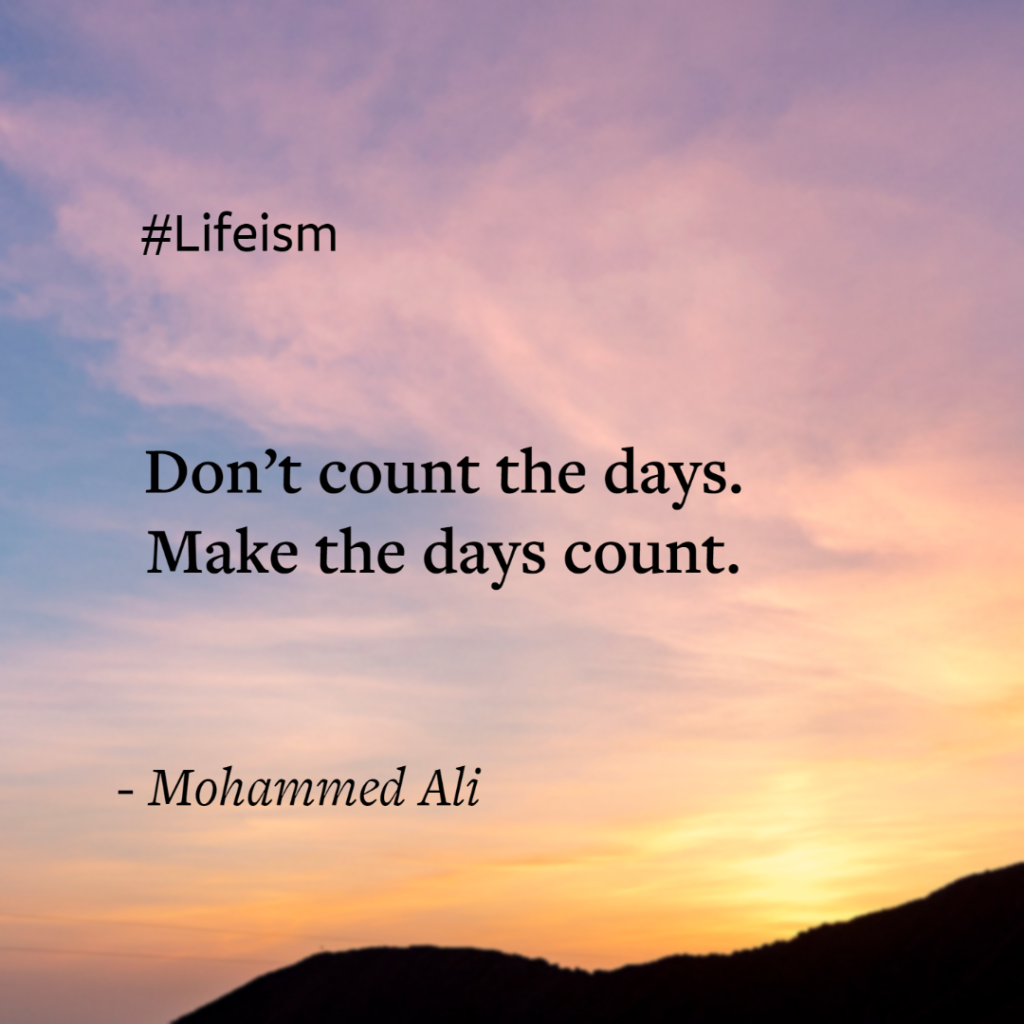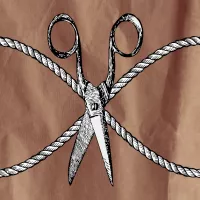5 Tips to Increase Productivity
Productivity is not just getting things done. It is about being happy and fulfilled, too. Here are 5 tips to increase productivity.

We often associate productivity with being busy and constantly doing something. Productivity is just a small part of that. Being productive requires planning and persistent efforts. Productivity means taking a step back to look at the tasks you have before zooming in to get your hands dirty with just one task.

Productivity is an industrial and economic term that measures input and output. For instance, if you use 2lbs apples to make 2.5lbs of applesauce then your input is 2lbs and the output is 2.5lbs. Productivity is a method to measure efficiency. However, when it comes to productivity in humans, things are a little different.
Productivity means different things to all of us. While most of us think of productivity as powering through our task list, it can mean getting more free time or family time to some. Before trying to be more efficient, take a moment to think about your reasons to be more efficient. This one simple step will help you stick to your plan, and course-correct if you procrastinate.
Spend time setting up and maintaining a planner.
This one is basic, but it is the foundation of productivity. Taking the time to find a planning system that works for you is extremely important. This step will make you less productive for some time because you are trying different planners and calendars. But once you find something that works for you, you will be much faster in getting things done.
There are a range of different options when picking your planning system. You can go digital, or you can stick to a simple pen and paper planner. I know very efficient executives who have a simple sticky note planning system. Paper and digital -- both planning systems work equally.
There are also several planning philosophies to choose from. For instance, look into Kaban, Pomodoro, Bullet Journal, Getting Things Done (GTD), etc. Take some time to read each system and see what resonates with you. What are you more likely to stick to?
After you have a system, you will need to zoom out and plan your tasks based on the approach you choose. Taking just 5 minutes before you begin each day to review your tasks will help you approach your work more efficiently.
Use technology to your advantage.
While we completely embrace paper-based planners, there are advantages to keeping certain notifications digital. For example, you can set up reminders when you leave your office to pick up groceries. These geo-reminders are just one of the few examples of planning with technology. No matter what planning system you decide to use, each of them has several planner apps so you can plan your day on the go.
Tools like Evernote, OneNote, Notability, etc. help in organizing your work as well as digitizing it. Try using these notes to keep your important docs in place. The power of these tools will require a different post but making them a part of your daily routine will certainly help you increase productivity.
There are also special notebooks, planners, and pens that digitize every pen stroke. So even if you leave your planner at work, you can still see your notes at home. The iPad and the Apple Pencil together are devices that blur the lines between digital and paper-based planners. They offer the best of both worlds. Use these tools to make your life easier and plan better.
Do not react to emails.
We all do this on a regular basis. We check each email as it comes in. We are so accustomed to this that we even check marketing emails as soon as they arrive. Zero Inbox or no unread emails is a status we strive for subconsciously. When we break our chain of thought while working on something important to answer emails, it becomes even more difficult for our minds to refocus and finish the task. Close your Email on your laptop when you are getting something done. Keep phone notifications on, if absolutely necessary, so you can see the email come in and not open it unless it's urgent.
Many times, it is part of our job to respond to emails within a certain period. If this is the case, set up rules within certain parameters. For instance, do not check your email first thing in the morning, during lunch, and right before bed. This will help bring some sanity to your chaotic life if your job depends on instant email responses.
Keep an organized workspace.
Often, our desks represent the chaos in our minds. Haven't you noticed that your desk gets increasingly crazy when you are nearing a deadline? Or when there is a lot going on? Keeping desks organized not only helps in finding things we need when we need them but also, in staying focused on our task.
An organized desk no longer means just your physical desk, but even your virtual workspace. Keeping your emails in the right folders, desktops clean, and files organized will go a long way. Did you know that according to a study by Express Employment Professionals 58% of professionals spend about 6 hours a week just looking for things -- emails, files, meeting URLs, etc. The cost of disorganization is high. Take the time to organize your digital as well as physical workspace.
Do difficult tasks first.
We are sure you have heard of this one repeatedly and for good reason. Doing tasks that are difficult (or to eat frog, so to speak) first thing in the morning when you are fresh, makes the entire day productive. It ensures that you use your time wisely by investing in difficult but important tasks first and by getting it done in time.
If the thought of approaching something massive is overwhelming, try breaking down the task into smaller steps. Often, when we add large, vague goals to our list, it becomes difficult to check them off because we have no idea how to approach them. Doing the difficult tasks first also gives a sense of achievement – a small nudge to power through the day.
Whether you are a pro or just getting started on being more productive, using the tips above will help increase your productivity. Even a small, 1% increase will impact in a big way when you look at it through the year.
We hope you find the tips helpful. Let us know in the comments, what is your favorite productivity tip? What productivity system do you swear by?








Comments